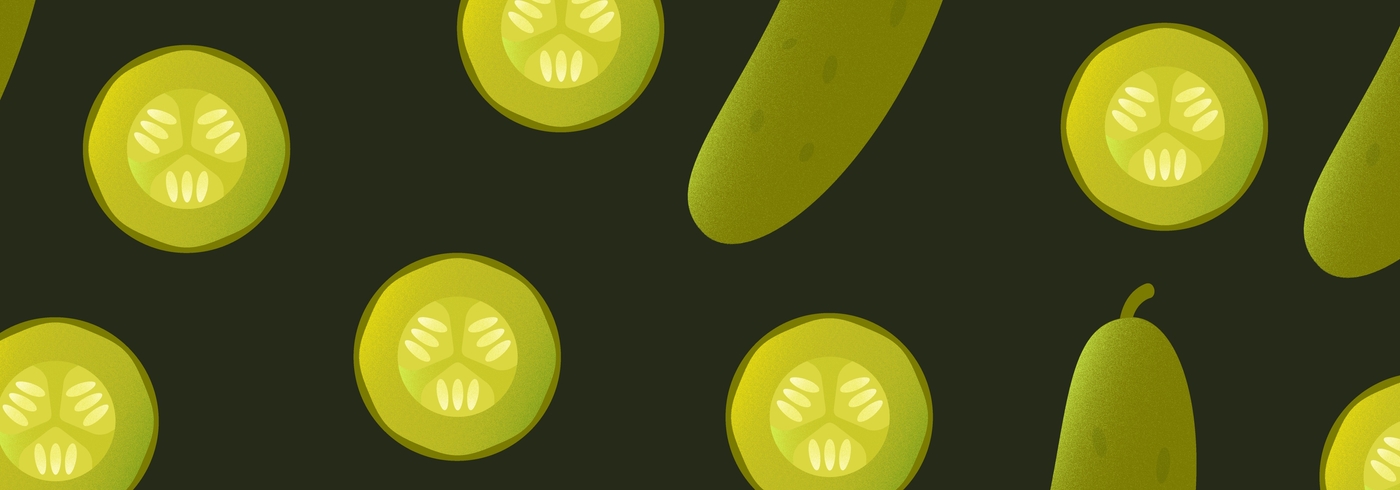
Can Dogs Eat Pickles?
While our furry friends deserve all the treats in the world, not all foods are good for them. Read on to learn if pickles are safe for your dog.
People... they either love or hate pickles.
If you fall into the pickle lover category, you know just how many ways you can enjoy them — on a burger, on their own, or even by just drinking pickle juice. You’ve probably also thought about whether you can share your love for pickles with your furry best friend.
But can dogs eat pickles? Are there any dangers to keep an eye out for? We’ve got all the answers you need to make the right decision for your dog.
The Nutritional Value of Pickles (for All Species Alike)
Most condiments, like ketchup and mustard, have very few redeeming qualities, and they’re not going to add anything nutritionally beneficial to your life.
Pickles are not a healthy food by any stretch of the imagination, but that’s not to say they don’t have any positive characteristics.
For instance, pickles are very low-calorie (about four calories per spear). When we choose snacks for either ourselves or our dogs, those with low calories are often at the top of the list. Snacks should always be a supplement to the diet, not a primary source of calories. Finding satisfying options that won’t use up all of your dog’s daily calories is crucial in helping them maintain a healthy weight and leaving room for the good stuff.
Pickles are also an excellent source of beta-carotene, a powerful antioxidant. Although beta-carotene is most commonly associated with carrots, pickles also contain a significant amount of this nutrient. The primary benefit of beta-carotene is that it is a precursor to vitamin A, which dogs need to support the proper function of their muscles, nerves, coat, and skin.
Can Dogs Eat Pickles?
So pickles may have some redeeming nutritional qualities, but does that mean your dog can eat them safely?
Unfortunately, the answer is not a solid yes or no.
Veterinarians do not consider pickles hazardous or toxic for your dog but don’t recommend using them as a treat. If your dog accidentally eats a pickle, it’s likely not going to be cause for concern or an emergency vet trip, but you should avoid directly giving them to your dog as much as possible.
There are a few exceptions to that rule, though. Certain pickles contain additional ingredients that can be dangerous for your dog, even in small amounts.
One of those pickle varieties is “hot and spicy” pickles. Although every brand makes their hot and spicy pickles slightly differently, most contain a selection of chilis and other hot spices. While that may be enjoyable for those of us who enjoy spicy foods, it can be uncomfortable and even dangerous for your dog. Dogs aren’t used to consuming any kind of spice, so even a tiny amount of spice that we may consider mild can wreak havoc on their gastrointestinal systems and put them in a lot of discomfort.
Another ingredient to look out for is garlic. Even though most varieties of pickles don’t contain enough garlic to be a danger to your dog, it’s best to avoid them just in case. Bread and butter pickles are an excellent example of a garlic-heavy pickle option to keep off the menu.
What Happens If a Dog Has Too Much Sodium?
The main issue with regularly allowing your dog to eat pickles is the high sodium level. After all, isn’t one of the best parts of enjoying pickles getting to drink the brine juice left in the jar?
Unfortunately, that juice is made primarily out of salt and other preservatives. While some salt is okay (and even necessary for optimal brain and body function), too much can lead to various, potentially dangerous symptoms in your dog.
Hypertension (the medical term for high blood pressure) can occur in dogs. However, it isn’t as frequently diagnosed because they don’t routinely have their blood pressure taken at their annual vet appointments. If they are diagnosed, the recommendations for treatment and management are essentially the same as what our doctors would suggest — avoiding excess sodium and potentially taking blood pressure medication.
That’s not to say that healthy dogs can eat sodium without concern, though. Even dogs without known health problems will likely react poorly to large amounts of salt when consumed in a small amount of time. Vomiting, diarrhea, excessive water intake, and even a loss of balance (ataxia) and seizures are all potential side effects and can quickly become fatal with sodium poisoning.
Healthy Alternatives To Feeding Your Dog Pickles
So, pickles aren’t the best snack for your dog. But that doesn’t mean there aren’t some healthy alternatives that you can use instead!
If your dog seemed to love the taste of pickles, you could try a plain cucumber instead. Cucumbers are where pickles come from, so there’s always a possibility that your dog will take to them just as well.
Other fresh fruits and vegetables also make good treats for your dog, as long as you know which ones to avoid. Check the ASPCA’s Animal Poison Control website or call your veterinarian if you're unsure.
Here’s a shortlist of just a handful of safe options that make healthy snacks, as long as they are fed in moderation.
- Apples
- Bananas
- Blueberries
- Broccoli
- Brussel sprouts
- Carrots
- Celery
- Cranberries
- Green beans
- Pears
- Pineapple
- Pumpkin
- Sweet potato
- Watermelon
The Power of Crunchy Snacks
One of the reasons that dogs seem to love pickles so much is the satisfying cronch. For dogs, crunchy treats add a fun dimension to snacking. Not only are they delicious, but they also act as a form of mental enrichment.
Certain crunchy treats can also help maintain your dog’s dental and gum health. Unless you’re an incredibly involved pet parent (with a very patient dog), your dog is likely not getting his teeth flossed and brushed daily.
Over time, tartar will begin to collect on their teeth, potentially leading to dental disease and even tooth loss if it gets bad enough. The right snack can help to naturally clean that tartar off of their teeth, keeping teeth as healthy as possible and saving you costly vet visits and procedures.
The only caveat to that is that you need to use caution and have a general idea of what your dog’s dental health is like before giving them overly hard or crunchy treats or toys. If your dog has tooth pain or any breaks or cracks are present, snacks and treats that are too hard can worsen the problem or even cause additional ones.
What Is a Well-Balanced Canine Diet?
A well-balanced diet is one of the crucial components of maintaining your dog’s optimal health and wellness. If your dog is eating a sub-par diet or not getting all of the vitamins and minerals they need to maintain their bodies, it’s easy for health conditions to start to take hold.
You should always cater your dog’s diet to their specific needs. Puppies should always eat puppy food, for instance, because they need a higher level of calories and specific nutrients to help them grow and develop appropriately. Elderly dogs, on the other hand, require fewer calories so that they don’t become overweight.
Call your veterinarian for advice if you’re unsure about your dog’s caloric needs or what you should be feeding your dog.
Most dog foods were made to be nutritionally complete, so your pup shouldn’t be lacking too much in the way of calories, vitamins, and minerals if they’re on the proper diet. However, supplementing with a multivitamin designed specifically for dogs can help fill in any gaps, especially if you have a growing puppy over six months old.
Proper Portions
Keep in mind that, although we don’t often track our dog’s calories the way that we track our own, you should try to have at least a general idea of what calories they are taking in.
Follow the recommendations on the bag (which are usually proportional to your dog’s weight, so try to get an accurate measurement) or ask your veterinarian how much they should get at each feeding. This extra step helps ensure that your dog gets the right amount of calories, with less risk of under or over-feeding them.
Your dog’s food should always make up at least 90% of their daily intake. The other 10% can come from treats, so choose wisely to maximize your options and make sure they are as healthy as possible. That’s not to say that you can’t give your dog something less than beneficial every once in a while (provided it’s not toxic, of course), just that you should focus on nutritional snacks.
To Summarize
So, can dogs eat pickles? While it’s likely not dangerous for your dog to accidentally sneak a bite, you should not feed them to your dog as one of their primary sources of nutrition. Focus on finding healthy treats that support your dog’s wellness by adding vitamins and minerals so that you can keep your dog happy and healthy for years to come.
And don’t forget, Finn is here for you and your dog, from puppyhood through their golden years.
Sources:
Hypertension in Dogs | AKC Canine Health Foundation
People Foods to Avoid Feeding Your Pets | ASPCA
Feeding Your Dog: How Often Should Dogs Eat And How Much? | AKC

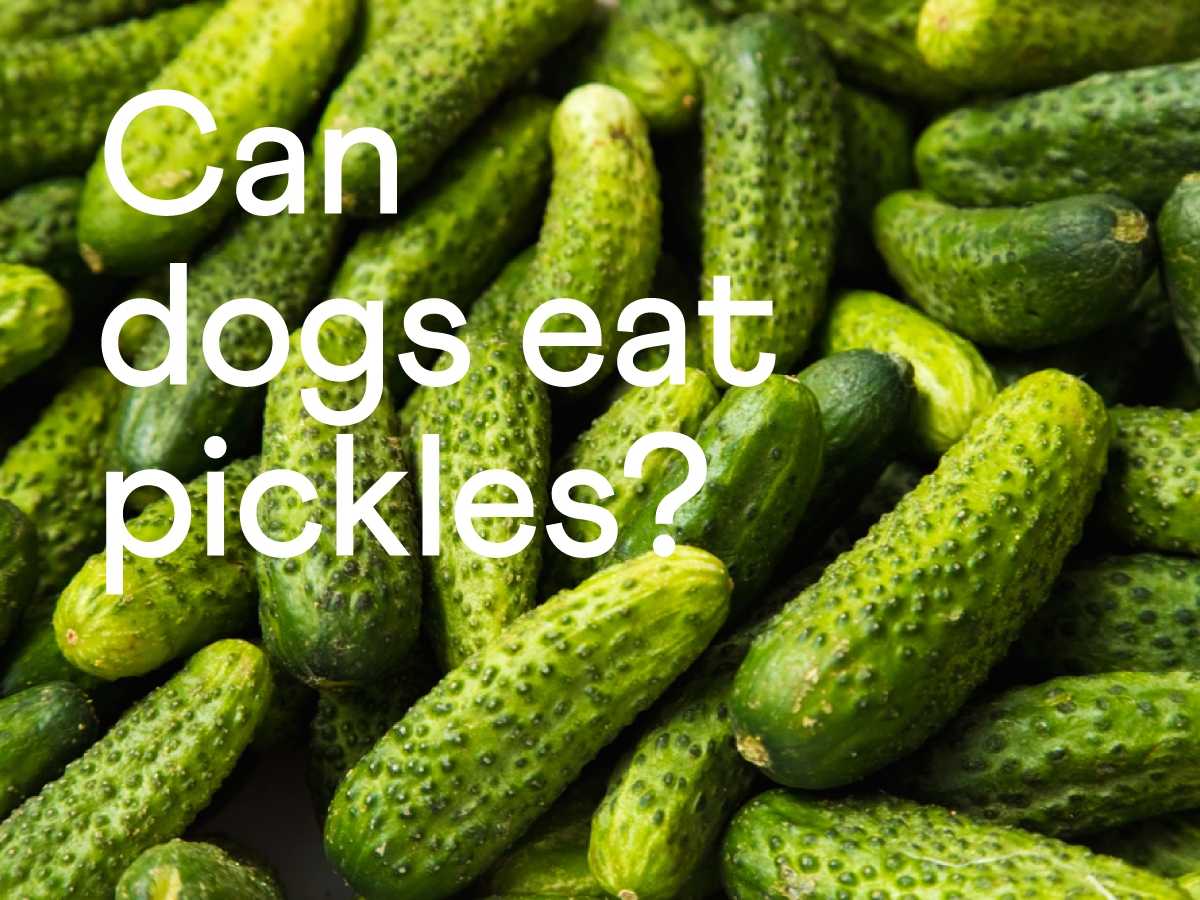
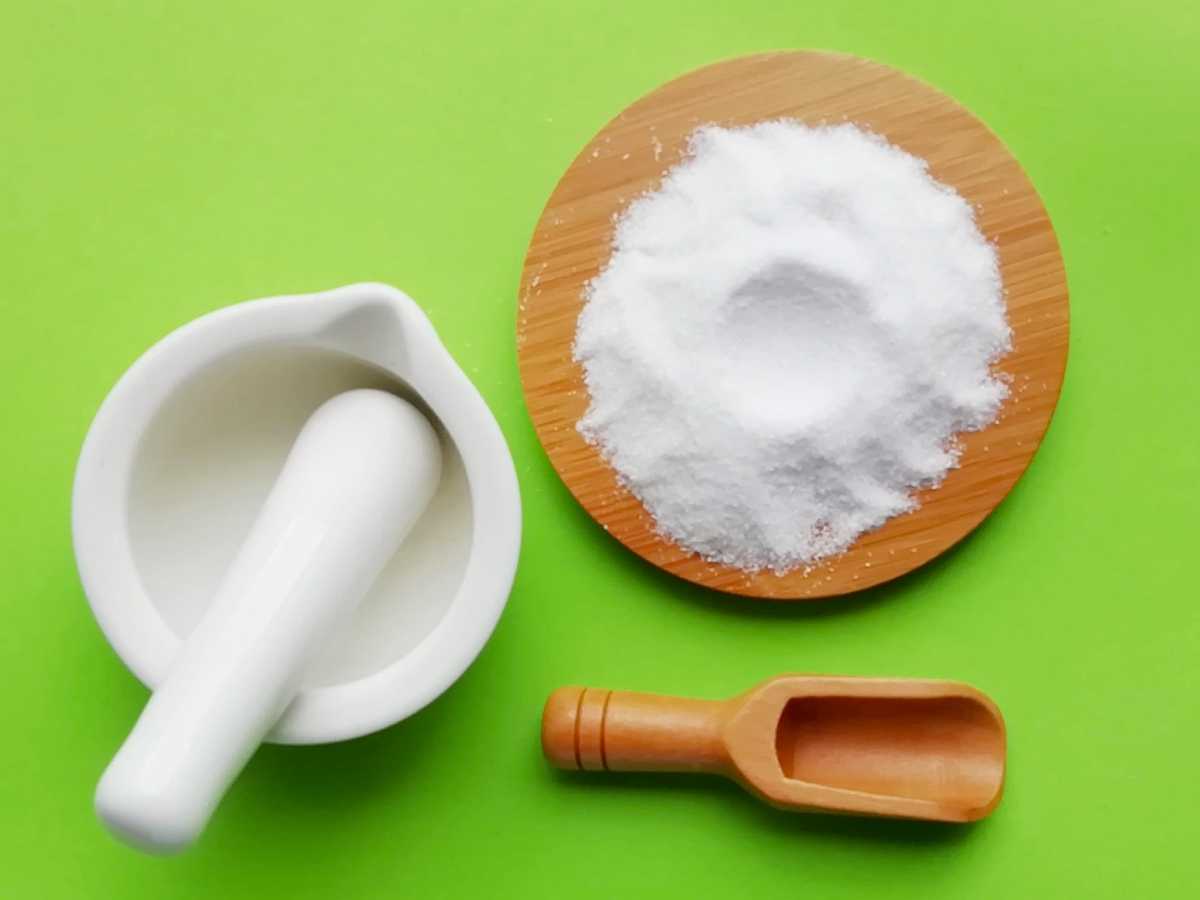
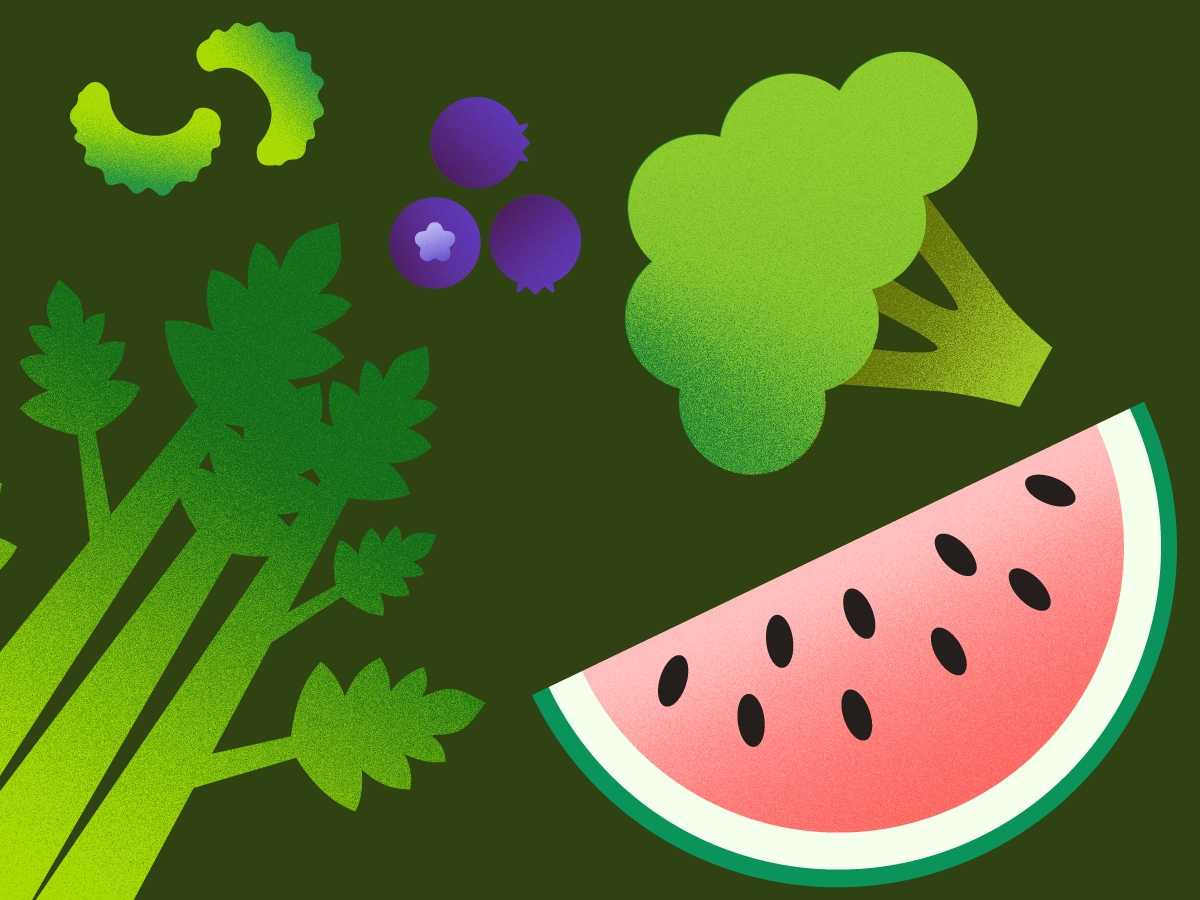
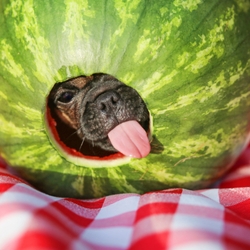
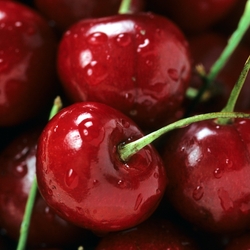
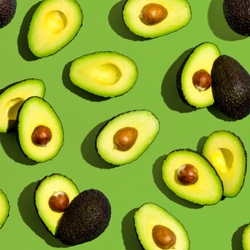
Comments: